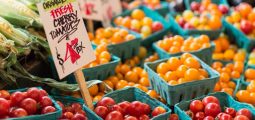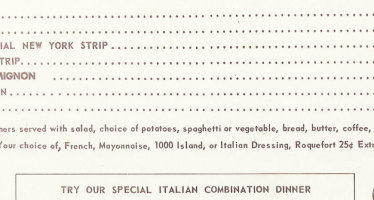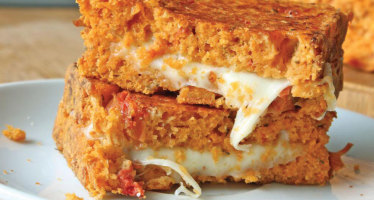Paradigm Shifts: Connecting Communities and Local Food
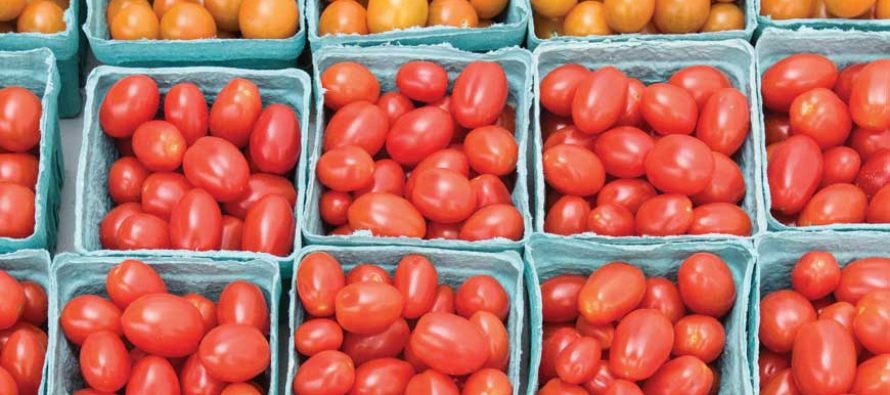
I’m constantly drawn to ways to engage in my life-learning quest of food and its relationship to our commUnity. This comes natural to me and is my passion. I enjoy attending, supporting and continuing to educate myself about all the relationship avenues between food and our commUnity. I encourage EVERYONE to reconnect!
When sharing my passion about food, I strive to learn more about others relationship with food as well. It seems that I have surrounded myself with individuals, groups and businesses, somehow related to food or its process. I draw and learn from these extensive relationships that I have created along this journey. Ultimately, this is how I was presented with the opportunity to write in this publication.
This passion has magnetized a whole new level of individuals, businesses and groups to support the effort of the local foods movement and continue to cross-educate everyone about its’ magnitude. I have met many stakeholders in this effort and we ALL struggle on how to continue to develop relationships and ultimately develop more traction in our areas of interest.
Most people take access to food for granted, however once we scratch that surface, we know that this is not the case.
My article in the last issue demonstrated how EVERYONE could make an impact locally with small actions in their daily food purchasing behavior that supports the local foods movement and its extensive economic multiplier reach. I also encouraged the need for our commUnity to re-imagine what the local food system should look like and how each of us could tap into the ability to make a difference in the world, by starting LOCALLY. We vote three times a day with our food dollars!
I recently read in a publication that small businesses are the backbone of rural communities, that small-scale entrepreneurship is a proven strategy to revitalize rural communities. I believe everyone understands this in theory, but what does it mean?
Meditating further on these statements, I began to ask myself, what is so different between our rural and urban communities, in relationship to entrepreneurship? Nothing, it all boils down to geography. The need for entrepreneurial stimulus is all the same. As I extrapolated that out further, the local foods movement is nothing more than a health, wellness, economic, job-creation incubator, etc. for our urban and rural areas alike.
What is the relationship of our rural neighbors to the perceived urban local foods movement? I have spent a fair number of hours debating and defining, what is local?
This focus on entrepreneurship is essential, considering that most rural areas are located in a food desert. What is a food desert? The USDA defines a food desert as where the population is located more than a mile (Urban Areas), 10 miles (Rural Areas) from a supermarket or large grocery store. Shockingly, many urban areas in America are located in defined food deserts. So now all of a sudden it became clear! This clarity has presented itself to a sense of critical urgency.
This urgency is not only in the sense of entrepreneurship, but also in health, wellness, economic and job creation considerations. Is this not what we use as metrics to define a healthy community? We need to get our rural and urban commUnities working together to bridge the gap of geography related to entrepreneurship within the local food movement.
Rural entrepreneurship can use their resources to produce a product that can then be bridged into larger urban markets and vice-versa. By using local food production as the catalyst, I would hope that over time the market would dictate more support for the local “clean” food movement to transform the physical and economic health of our communities.
This is not a single person, group or a community’s effort or duty. The local food movement is EVERY MEMBER of our commUnity’s responsibility to cultivate and support. We start here by first presenting awareness! Obviously, everyone may not agree with this statement or even care.
Those that are not considering this elaborate commUnity impact only seem to begin to pay attention when things begin to affect their pocketbooks, both positively and negatively. The time will present itself through economics or environmental demands, weather and pollution.
Please tap into the ability to make a difference in the world around us.
We need to re-imagine what the food system should look like. Collectively, we must use the potential of food to transform our commUnities.
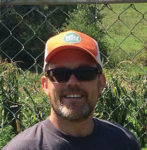
Edward Berna
Edward Berna is founder of Paradigm Gardens. He is fascinated with local food systems, intensive plant production models and plant nutrient density. His connections to year round local food production fuels most of his foodie desires. Edward enjoys experience travel and learning from others and their heritage experiences
Related Articles
The Dirty Little Secret in the Industry
“Hi. My name is Ron, and I’m an alcoholic.” The first time I said those words aloud I felt free.
Omaha Dining: A 50 Year Retrospective
I have lived in Omaha for half a century. And as it turns out, this city and I have a
Making Connections: Cutchall Management
The gestalt theory of history says that one cannot consider the development of any particular piece of the modern world
No comments
Write a commentOnly registered users can comment.




